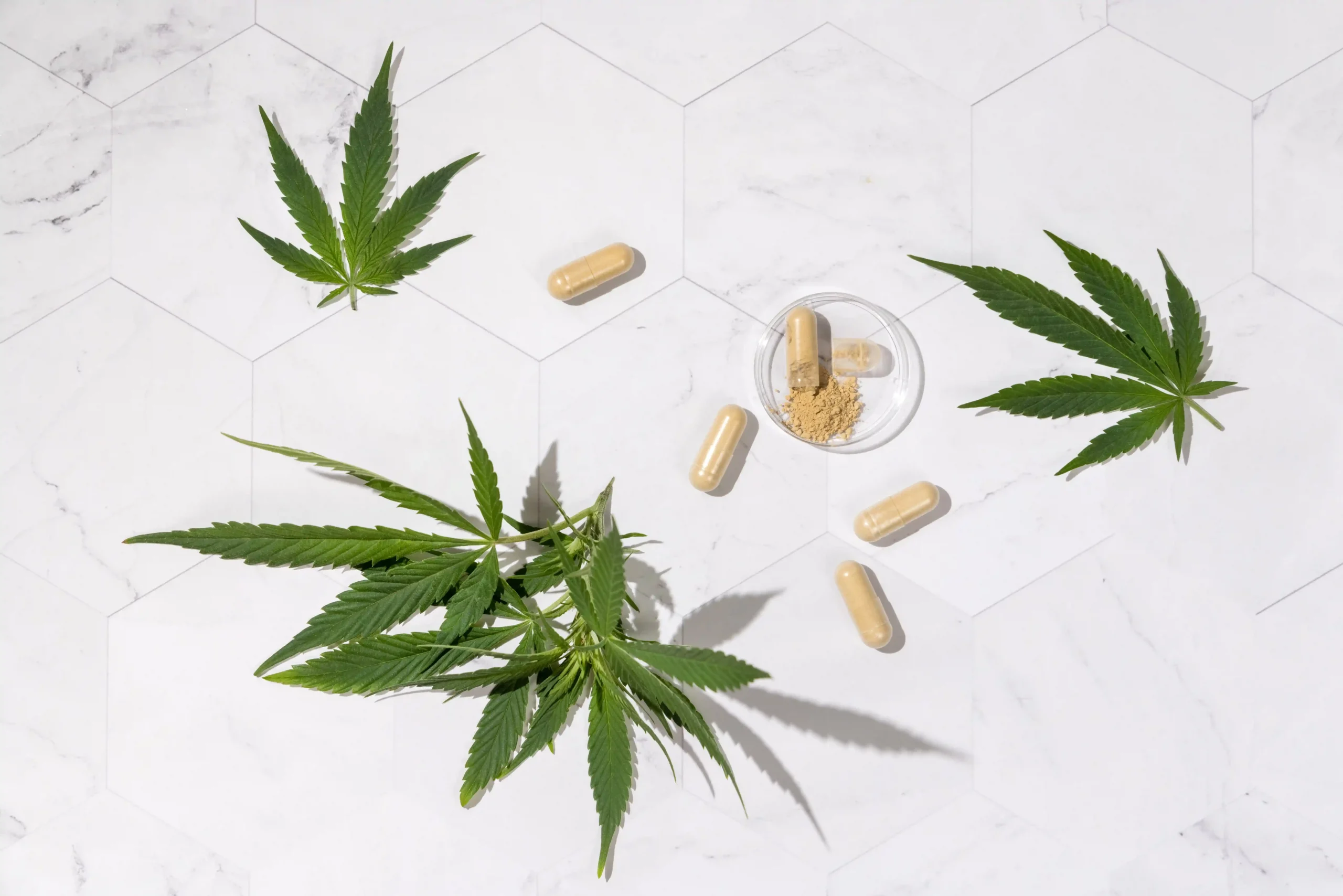- 4 Oct 2025

Cannabis has garnered significant attention in recent years, largely due to its two primary compounds: cannabidiol (CBD) and tetrahydrocannabinol (THC). While both originate from the same plant, they exhibit distinct characteristics and effects, leading to widespread confusion. This article aims to clarify the difference between CBD and THC, exploring their properties, uses, and legal implications.
Cannabis sativa L. is a versatile plant containing over 100 chemical compounds known as cannabinoids. Among these, CBD and THC are the most prevalent and extensively studied. Understanding their unique properties is crucial for navigating the world of cannabis-derived products.
Both CBD and THC interact with the body’s endocannabinoid system (ECS), a complex network of receptors and neurotransmitters that regulate various physiological processes. However, their interaction differs significantly. THC binds directly to CB1 receptors in the brain and central nervous system, leading to its psychoactive effects. In contrast, CBD interacts indirectly with the ECS, modulating its activity without directly binding to CB1 receptors. This indirect interaction explains why CBD doesn’t produce a “high.”
The most significant difference between CBD and THC lies in their psychoactive properties. THC is the primary psychoactive compound in cannabis, responsible for the “high” associated with marijuana use. It can induce feelings of euphoria, altered perception, and impaired cognitive function. CBD, on the other hand, is non-psychoactive. It does not produce a “high” and is often sought after for its potential therapeutic benefits without the intoxicating effects.
Both CBD and THC have shown promise in various medical and therapeutic applications. THC has been used to alleviate pain, nausea, and muscle spasms, often associated with conditions like multiple sclerosis and chemotherapy. CBD has demonstrated potential in managing anxiety, seizures (particularly in certain forms of epilepsy), and inflammation. Many studies are exploring the combined effects of CBD and THC, known as the “entourage effect,” suggesting that they may work synergistically to enhance therapeutic outcomes.
The legal status of CBD and THC varies significantly across jurisdictions. THC is generally classified as a controlled substance in many countries, while CBD derived from hemp (containing less than 0.3% THC) is often considered legal. However, regulations are constantly evolving, and it’s essential to stay informed about the specific laws in your region.
THC can cause side effects such as anxiety, paranoia, increased heart rate, and impaired coordination. CBD is generally well-tolerated, with minimal side effects. Some individuals may experience drowsiness, diarrhea, or changes in appetite. It’s crucial to consult with a healthcare professional before using either CBD or THC, especially if you have pre-existing medical conditions or are taking other medications.
When deciding between the two, several factors should be considered:
The difference between CBD and THC is fundamental to understanding the potential benefits and risks associated with cannabis. While both compounds originate from the same plant, their distinct chemical structures and interactions with the ECS lead to vastly different effects. By understanding these nuances, individuals can make informed decisions about their use and navigate the complex landscape of cannabis-derived products. Always consult with a healthcare professional for personalized advice.